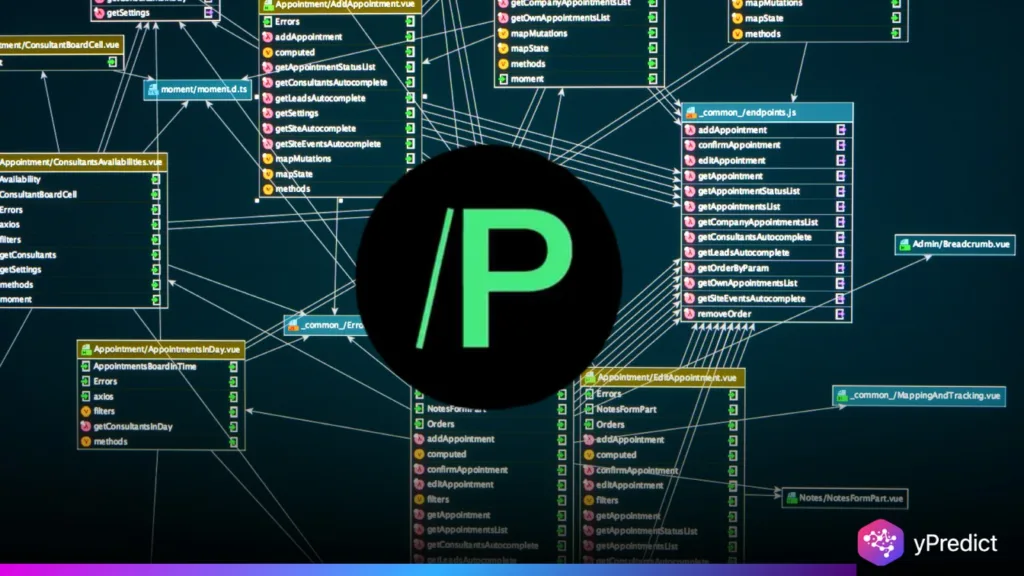
Prompt Protocol gives consumers control of their data, and at the same time, they present to companies authenticated and permission-based insights. Instead of users being products, they put them in the driver’s seat. In the whitepaper, they outline how they did that via the use of blockchain for security and AI for interpretation. At launch, they had thousands jumping in, which is a great indicator of the strong interest in this Web3 AI model.
Prompt Protocol and Data Sovereignty
Prompt Protocol changes the game of data transfer in digital networks. Presently, most online platforms collect user data at will. This project turns that model on its head. It has users earn for their info, which they share out purposely via smart contracts, which also prove consent and track each interaction.
The whitepaper lays out three layers: In terms of structure, they have the ownership layer, the AI layer for context, and the engagement layer, which is where brands come in. As a system, it is a closed-off environment in which each data element has value. Users earn tokens for their input into the system, and in turn, companies receive access to what they will find to be very reliable and verified data streams.
The system is also built on Decentralized Identifiers (DIDs), which in turn protects the privacy of the user at the same time preserves utility. They may think of this as an “AI-enabled handshake,” which is open and consensual and also benefits all parties. For example, a retail company may put out a request for spend analysis. The user grants permission, AI runs the query, results are returned to the brand, but no private info is revealed.
The present protocol is a part of the growth they see in Real World Assets (RWA) on the chain. They are issuing data as digital assets that may be traded, licensed, or used for analysis at the user’s discretion. Prompt Protocol not only hosts info. They are out to change which parties own it and which benefit.
Web3 Meets AI: Building out the next data economy.
This is beyond a privacy issue. They have a new type of data economy. The whitepaper puts forth that decentralized AI, which in turn makes markets smarter and fairer. Instead of what they see as data silos, at Prompt Protocol, they have open collaboration. Any user, company, or developer abides by the same verifiable rules.
Its economic base is in reciprocity. Brands that pay for what they get in access, and users who earn for the input of insights. AI plays the role of a bridge, which also sees to quality and relevance. It is a simple trade of info for value, but they have included the element of trust.
The project is also a part of what they are seeing in the industry now. Google’s work in prompt engineering research and DIA Oracles’ Web3 x AI map both report on the trend towards more intelligent, consensual systems. In that regard, Prompt Protocol comes into the picture at just the right time.
Imagine health researchers using anonymized data sets without the fear of privacy breaches. Also, picture financial analysts running predictive models on verified user data. Each example is of the same idea: data used responsibly, by design. This model may transform advertising, research, and customer engagement. Also, it points to a change in digital ethics.
Conclusion
The rollout of the Prompt Protocol whitepaper is more than just a tech update. They have a framework here for which to restore trust in data exchange. By using AI for interpretation and blockchain for verification, the system puts forth a fair middle ground between users and brands. What the user puts out remains controlled, not the platform, which has been collecting it. At launch, there is great buzz, which indicates the world is prepared for this change.






